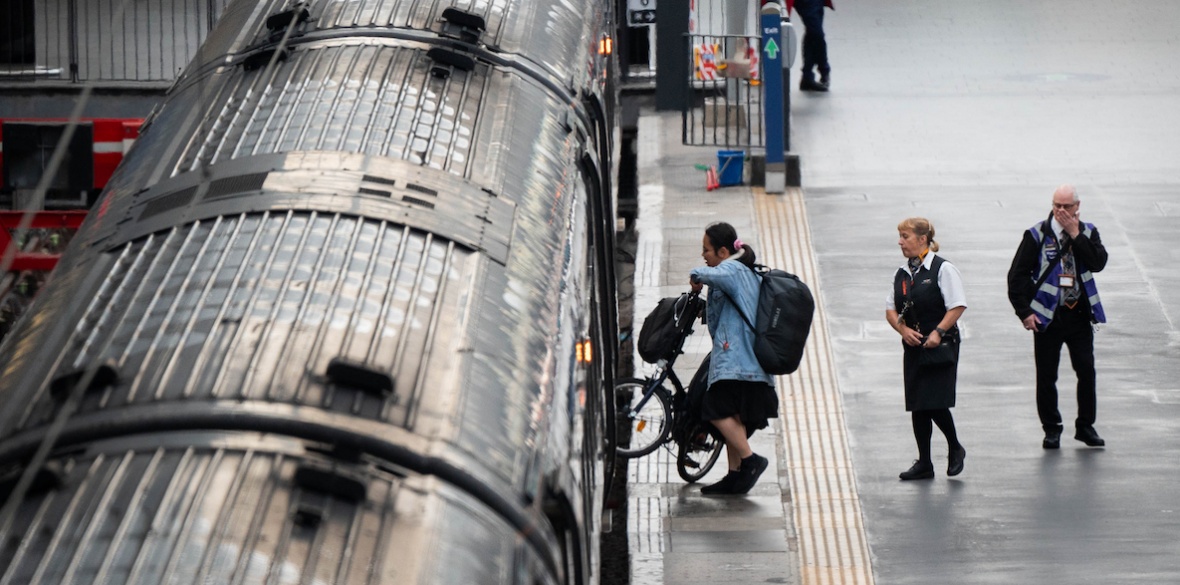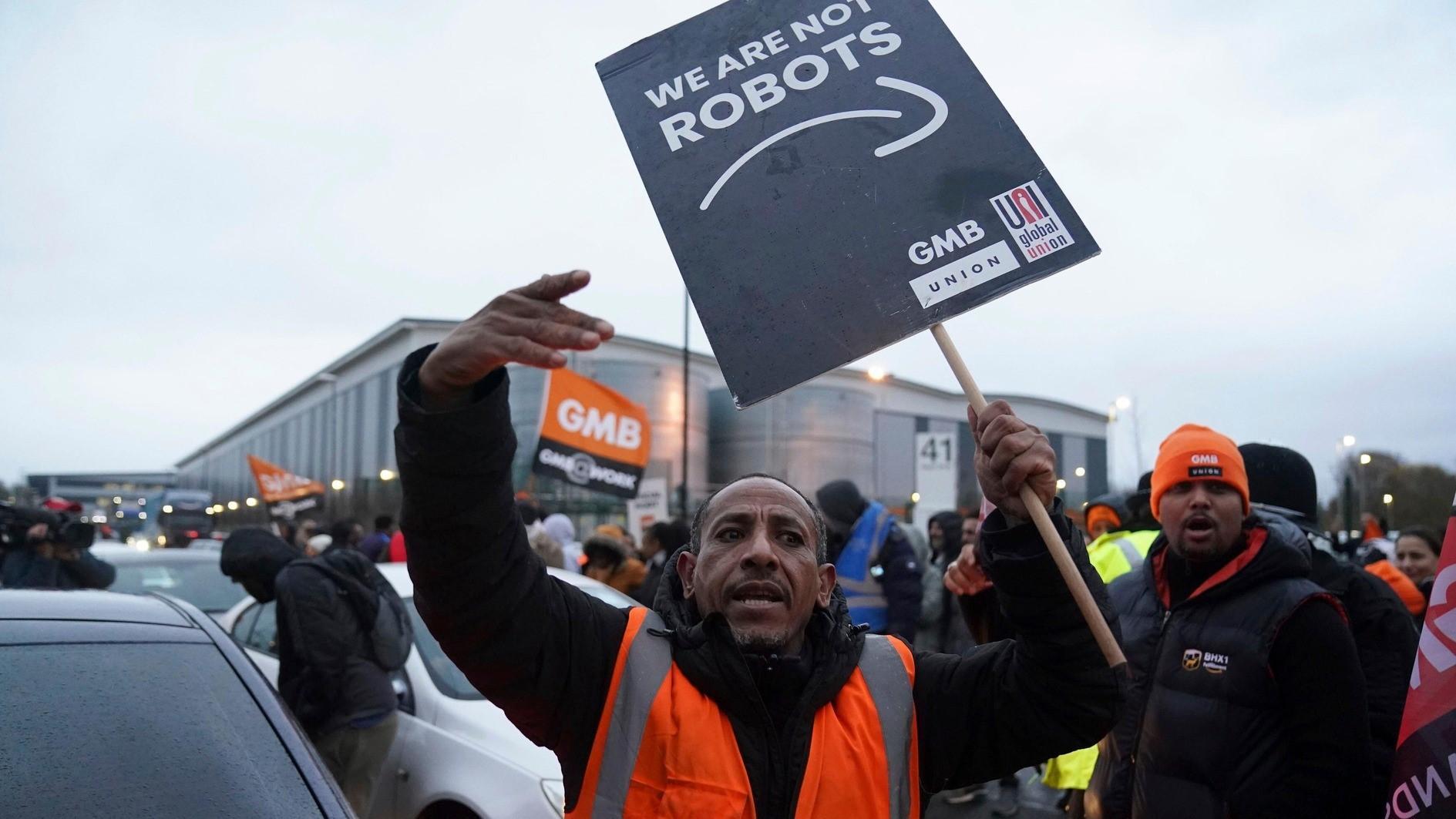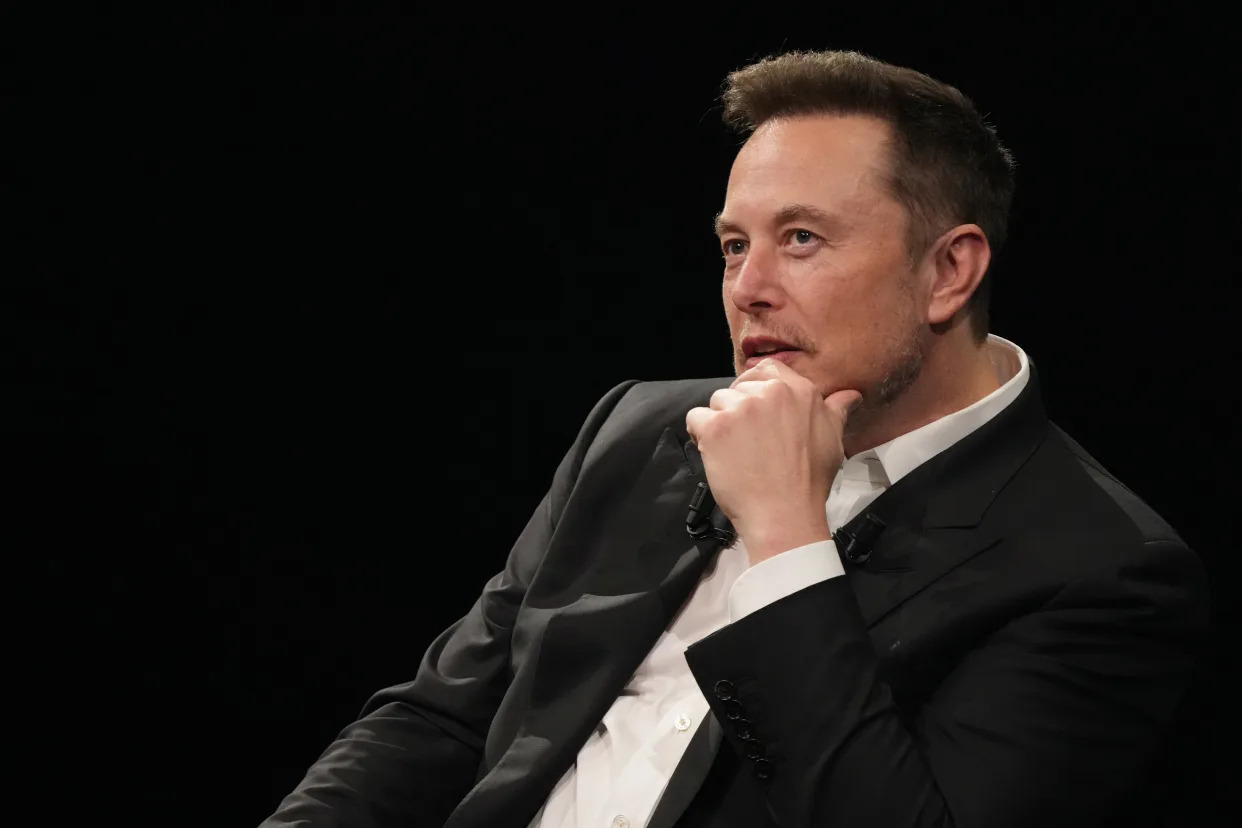
Passengers board a train at Kings Cross station in London
TWO in five female public transport workers have been sexually harassed at work in the last year, an RMT survey has found.
The union surveyed 1,400 women workers across rail, bus, metro and passenger ferry.
It found that 40 per cent of women public transport workers said they had been sexually harassed at work in the last year.
Nearly seven in 10 of those affected did not report the incidents, with the most common reason being that they did not think their complaint would be taken seriously.
More than 80 per cent of women also said that sexual harassment on public transport is becoming more of a problem, with some sharing disturbing testimony of the abuse.
One said: “I have had numerous men stroke my bum as they pass by and that’s in the day.
“Of a night when they are drunk, it’s worse — I’ve had a group of men grab me and say ‘come on love, sit on my knee’.”
Another added that harassment included “cat-calling, touching, staring, unwanted uncomfortable conversation, unwanted ‘compliments’ and people taking pictures of me without my permission.”
A third said: “Sexually aggressive, explicit language as a form of intimidation is a frequent thing.”
A fourth said: “I have had many comments made to me, one which has stuck with was: ‘You look amazing in that uniform, but I think you would look better out of it’.”
RMT general secretary Mick Lynch said: “On the International day for the Eradication of Violence Against Women, this survey shows employers have much more to do in the public transport industry — and the authorities in wider society — to tackle misogyny and harassment against women.
“It is clear that more staffing and reducing lone working will help make our members feel safer.”























